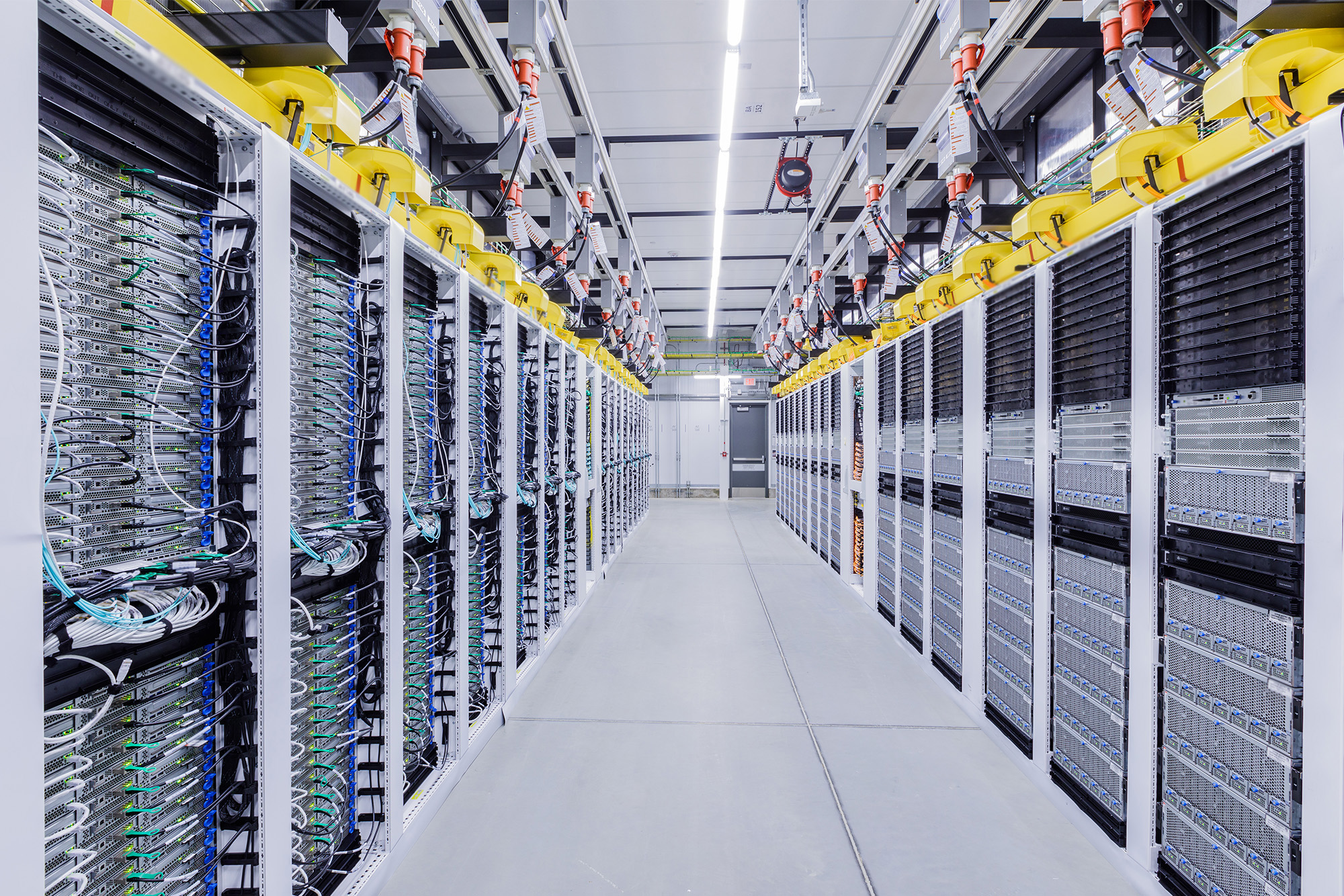Microsoft CEO Satya Nadella Meets Trump and Musk, Discusses AI & Cyber Security
Satya Nadella, the CEO of Microsoft Corp, recently attended a meeting with the incoming US administration including President-elect Donald Trump and tech mogul Elon Musk. The agenda for this prominent gathering encompassed a spectrum of subjects, specifically focusing on advancements in Artificial Intelligence (AI) and the critical sphere of cyber security.
The interaction was highlighted by Microsoft’s commitment to invigorate their AI technologies by infusing a colossal $80 billion in their AI-based data centers situated around the globe, as outlined in their public statement. The commitment underscores Microsoft’s leadership in technological investment and innovation, openign new possibilities in the AI domain.
Significantly more than half the mentioned sum, in excess of $50 billion, is earmarked for operations within the US. This strategy is expected to stimulate domestic job creation, thereby having a positive impact on the US economy. The company is keen to translate their technological advancements into socio-economic benefits on home soil.
Microsoft President Brad Smith and JD Vance, the chosen running mate of Donald Trump, were also present for this high-profile discussion. Their participation signaled the enduring nature of the crossroads between technology and politics, as well as the importance of these leaders in shaping the future.
The tech giant’s outreach towards the incoming administration is a part of a broader goal of Silicon Valley to nurture a productive relationship with President-elect Trump. This follows his electoral triumph last November, in spite of occasional collisions during his inaugural tenure.
Trump’s opulent Florida residence Mar-a-Lago has played host to a multitude of private meetings and dinners between the President-elect and Elon Musk. These engagements were aimed at exploring and plotting strategies for the forthcoming term. These events also reflected the growing rapport between the tech industry and the incoming administration.
An air of caution resonated in the words of Brad Smith, stating the need for the future government to avoid any ‘hard-line regulatory approaches’ related to the ever-evolving sphere of AI. Smith emphasized the need for public policy that continues to spur progress and innovation within the private sector.
‘Keeping the wind at its back’ became a recurrent theme during the meeting, with participants calling for the US to remain at the forefront of AI technology. Smith particularly urged a sensible and pragmatic approach to export control policies that would balance strong security measures with the capacity for US firms to expand swiftly.
Smith further highlighted the requirement for a secure supply source for AI components, particularly for the immense data centers ensconced within trusted allies and friends of the US. This would energize the dominance of the US in AI and server capabilities, thereby extending a reliable helping hand towards their international partners.
In the ongoing race to bolster cloud computing capabilities, giants like Microsoft and Amazon.com Inc. have employed a strategy of rapid expansion in data centers. Building new data centers is driven by the increasing demand for AI services worldwide, with the infrastructure providing the backbone for the growth of this technology.
Looking back at the fiscal year concluding in June 2024, Microsoft’s capital expenditure surpassed the $50 billion mark, a major proportion of which was invested into the construction of server farms. These farms are the cradle of AI services development catering to the rising demand for these high-end, transformative technologies.
Large-scale data center investments also drive the demand for powerful processors by tech companies such as Nvidia Corp., along with infrastructure offerings from the likes of Dell Technologies Inc. These businesses power the running of the colossal AI-empowered server farms, enabling the processing of large volumes of data for AI applications.
With the immense power requirements of these AI-enabled server farms, tech companies are having to seek solutions outside conventional power sources. Microsoft, acknowledging the necessity for a stable power source, established an agreement to reignite a reactor at the Three Mile Island nuclear power plant situated in Pennsylvania.
This nuclear power facility, infamous for a partial meltdown in 1979, now stands as a testament to Microsoft’s innovative approach to secure a reliable power source for their ever-expanding, power-hungry AI-enabled farms. The bold move instigates a dramatic geo-political interplay between tech giants and the delicate issues surrounding nuclear power.
Microsoft is not alone in seeking alternative power solutions for their data centers. Both Google and Amazon have penned agreements intended to make use of nuclear power, thereby acknowledging the increasing power demands of large-scale operation centers. This burgeoning trend insists a drastic shift in the energy requirements of future tech developments.

